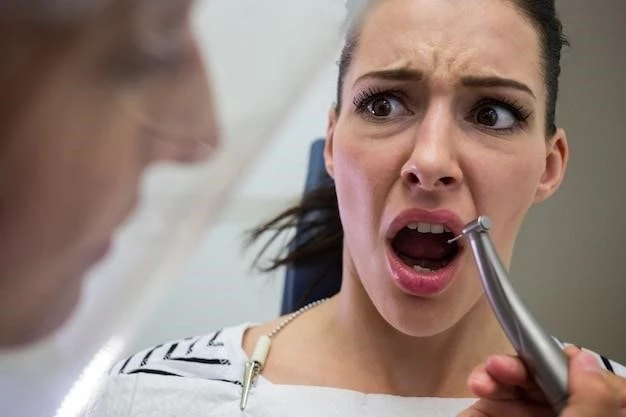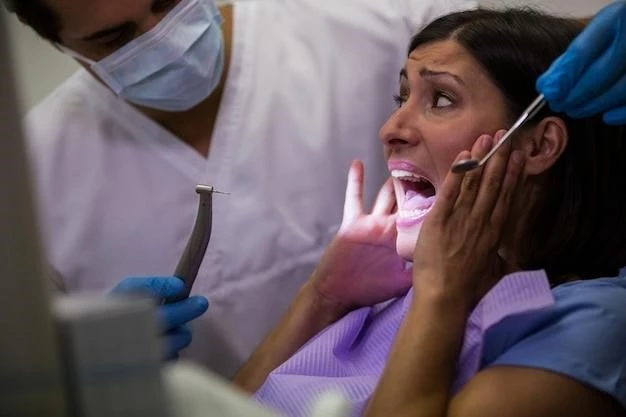Overview of Charcot-Marie-Tooth Disease
Charcot-Marie-Tooth Disease is a hereditary neurological disorder that affects the peripheral nerves‚ leading to muscle wasting and weakness.
Definition and Background
Charcot-Marie-Tooth Disease‚ also known as hereditary motor and sensory neuropathy‚ is characterized by damage to the peripheral nerves. It was first described by Jean-Martin Charcot‚ Pierre Marie‚ and Howard Henry Tooth. This condition typically presents with muscle weakness and a loss of sensation in the extremities.
Prevalence and Types
Charcot-Marie-Tooth Disease is one of the most common inherited neurological disorders‚ with an estimated prevalence of 1 in 2‚500 people. It encompasses various subtypes‚ including CMT1‚ CMT2‚ and CMT4‚ each caused by different genetic mutations affecting nerve function.

Genetic Causes of Charcot-Marie-Tooth Disease
Charcot-Marie-Tooth Disease is primarily caused by genetic mutations that affect the peripheral nerves‚ leading to nerve damage and impaired function.
Inheritance Patterns
Charcot-Marie-Tooth Disease follows various inheritance patterns‚ including autosomal dominant‚ autosomal recessive‚ and X-linked. The different genetic mutations implicated in CMT determine the specific inheritance pattern observed in affected individuals.
Genetic Mutations
Charcot-Marie-Tooth Disease is caused by mutations in genes involved in nerve structure and function‚ such as PMP22‚ MPZ‚ GJB1‚ and MFN2. These mutations disrupt nerve signaling and lead to the characteristic symptoms of CMT.
Symptoms and Diagnosis of Charcot-Marie-Tooth Disease
Charcot-Marie-Tooth Disease presents with muscle weakness‚ foot deformities‚ and impaired sensation in the extremities. Diagnosis involves clinical evaluation‚ nerve conduction studies‚ and genetic testing.
Common Symptoms
Common symptoms of Charcot-Marie-Tooth Disease include muscle weakness‚ foot drop‚ difficulty walking‚ loss of sensation‚ foot deformities like high arches‚ and hammertoes. These symptoms typically manifest in the lower limbs but can progress to the hands and arms.
Diagnostic Tests
Diagnosis of Charcot-Marie-Tooth Disease involves nerve conduction studies to assess nerve function‚ electromyography to evaluate muscle response‚ genetic testing to identify specific mutations‚ and physical exams to assess symptoms and progression. These tests help confirm the presence of CMT and guide treatment decisions.
Treatment Options for Charcot-Marie-Tooth Disease
Treatment options for Charcot-Marie-Tooth Disease aim to manage symptoms and improve quality of life. These include physical therapy‚ orthopedic interventions‚ bracing‚ and medications to alleviate pain and address specific symptoms.
Physical Therapy
Physical therapy plays a crucial role in managing Charcot-Marie-Tooth Disease by focusing on muscle strengthening‚ improving balance‚ and maintaining joint mobility. Customized exercise programs and gait training can help individuals with CMT maximize their physical function and independence in daily activities.
Orthopedic Interventions
Orthopedic interventions for Charcot-Marie-Tooth Disease focus on addressing musculoskeletal issues such as foot deformities and joint contractures. Surgical procedures like tendon transfers‚ osteotomies‚ and fusion may be recommended to improve mobility‚ correct deformities‚ and enhance overall function in individuals with CMT.
Medications
Medications for Charcot-Marie-Tooth Disease focus on managing symptoms such as pain‚ neuropathic discomfort‚ and muscle cramps. Commonly used medications include pain relievers‚ anticonvulsants‚ muscle relaxants‚ and physical therapy adjuncts to alleviate specific symptoms and improve quality of life for individuals with CMT.
Managing Charcot-Marie-Tooth Disease Symptoms
Effective management of Charcot-Marie-Tooth Disease symptoms is crucial for maintaining quality of life and mobility.Various interventions‚ including mobility aids and lifestyle modifications‚ can help individuals with CMT mitigate challenges and enhance their overall well-being.
Mobility Aids
Utilizing mobility aids such as canes‚ walkers‚ orthotic devices‚ and ankle-foot orthoses can assist individuals with Charcot-Marie-Tooth Disease in maintaining stability‚ preventing falls‚ and conserving energy while walking. These aids help improve mobility and enhance independence for those with CMT.
Lifestyle Modifications
Implementing lifestyle modifications such as maintaining a healthy weight‚ regular low-impact exercise‚ using assistive devices‚ and adapting the home environment can help individuals with Charcot-Marie-Tooth Disease manage symptoms‚ improve functional abilities‚ and enhance overall quality of life. These adjustments accommodate the specific needs of individuals with CMT.
Research and Advances in Charcot-Marie-Tooth Disease
Ongoing research into Charcot-Marie-Tooth Disease focuses on understanding the underlying mechanisms‚ developing new treatment approaches‚ and exploring potential gene therapies. Advances in gene editing and neuroregeneration hold promise for improving outcomes for individuals with CMT.
Current Research Efforts
Current research on Charcot-Marie-Tooth Disease focuses on gene therapies‚ nerve regeneration techniques‚ and clinical trials to develop targeted treatments. Studies are also investigating the role of protein misfolding in CMT pathogenesis and exploring novel therapeutic strategies to address disease progression and symptom management.
Potential Future Treatments
Future treatments for Charcot-Marie-Tooth Disease may involve gene editing techniques‚ neuroprotective therapies‚ and stem cell interventions. Emerging research on molecular pathways and protein targeting could lead to innovative treatment modalities that aim to halt disease progression‚ restore nerve function‚ and improve quality of life for individuals with CMT.
Charcot-Marie-Tooth Disease and Deafness
Charcot-Marie-Tooth Disease may be associated with sensorineural hearing loss‚ affecting a subset of individuals with CMT. Understanding the link between CMT and deafness is crucial for comprehensive management and addressing potential impact on communication and quality of life.
Association with Deafness
Some individuals with Charcot-Marie-Tooth Disease may experience sensorineural hearing loss‚ often due to shared genetic factors affecting both peripheral nerves and hearing function. Regular audiological assessments are essential to monitor hearing status in individuals with CMT and provide appropriate interventions to address any hearing impairment.
Impact on Management
The association of deafness with Charcot-Marie-Tooth Disease can impact management strategies by necessitating multidisciplinary care involving neurology and audiology specialists. Collaboration between healthcare providers is crucial to address the complex needs of individuals with CMT and hearing loss‚ ensuring comprehensive and tailored management approaches.
Understanding Recessive Types of Charcot-Marie-Tooth Disease
Recessive forms of Charcot-Marie-Tooth Disease result from inheriting two mutated copies of the causative gene. These subtypes present unique challenges and require specialized care to manage symptoms effectively.
Explanation of Recessive Inheritance
Recessive inheritance in Charcot-Marie-Tooth Disease involves receiving mutated genes from both parents‚ leading to a more severe form of the condition. Individuals with recessive CMT inherit two copies of the mutated gene‚ resulting in distinctive genetic and clinical characteristics that require specialized attention and management.
Specific Recessive Subtypes
Specific recessive subtypes of Charcot-Marie-Tooth Disease include CMT4A‚ CMT4B‚ and CMT4C‚ each caused by mutations in different genes. These subtypes exhibit distinct clinical features and may require tailored treatment approaches based on the underlying genetic abnormalities contributing to the disease.
